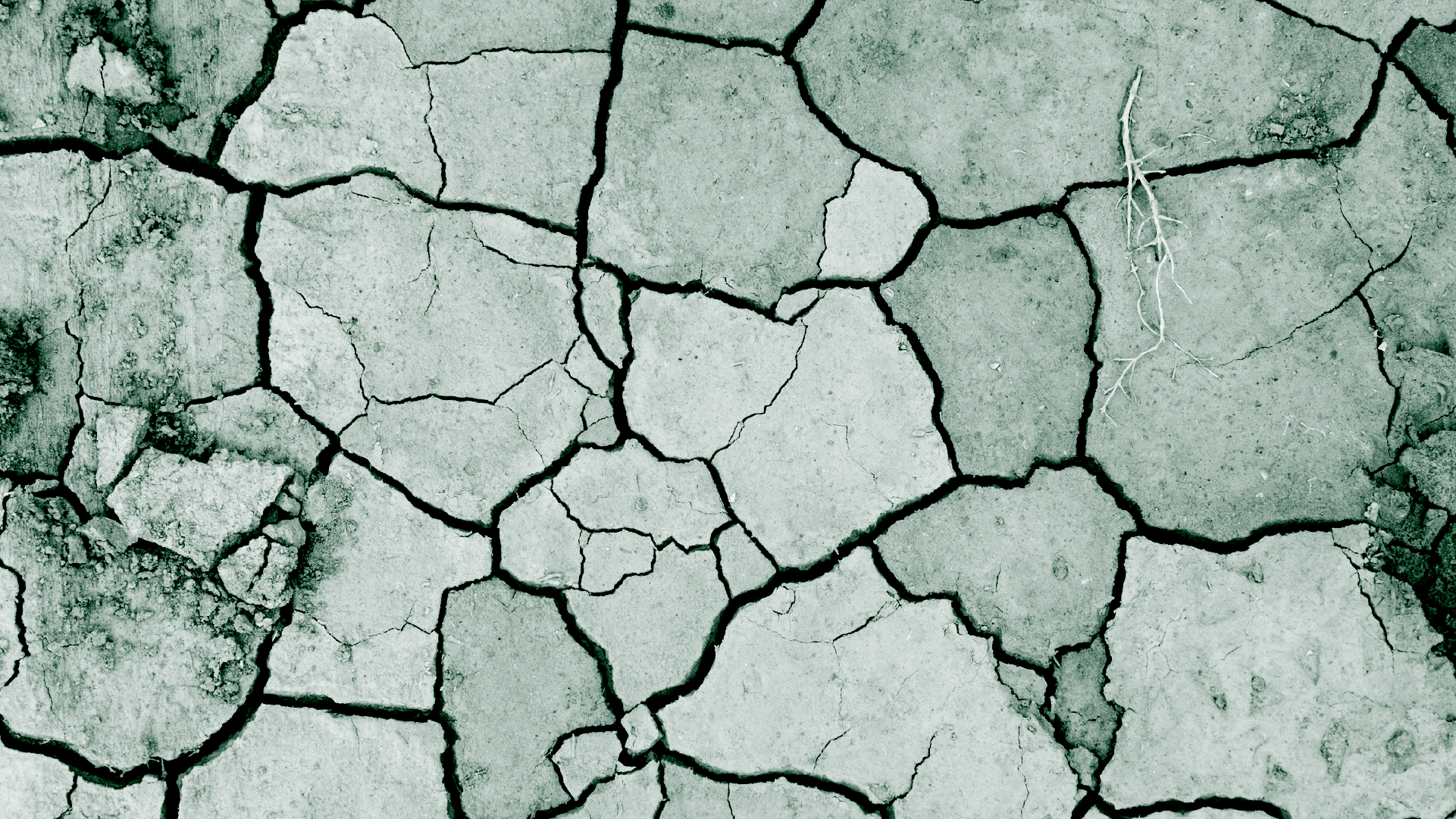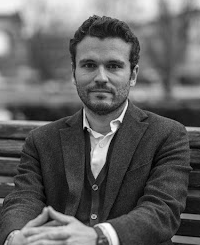
Alessio Terzi: We are prepared for the growing climate risk, but that does not mean that we can be relaxed about climate change
What are the major challenges associated with today’s green transition?
The major challenge is that we are still in the middle of the river, transitioning from an old economic model based on fossil fuels and greenhouse gas emissions to a new one. In more practical terms, what this means is that the green transition is gaining steam but it is still not a self-reinforming dynamic just yet. It means that green options are becoming increasingly more affordable, predictably walking down known cost curves, but they are still often more expensive, or still more burdensome to adopt than the incumbent fossil fuel alternative. I believe this will start to change soon and actually 2024 might be a turning point if it proves, as is now highly likely, that it will be the first (non-recessionary) year in which global CO2 emissions start going down. This will have a very strong symbolism and narrative power, as it will signal that the transformation is possible, that we are starting to invert the trend, and that we should actually double down on the technologies and policy tools we have already put in place to scale them up even more.
Is the EU prepared for the rapidly growing climate crisis risks?
Climate change will imply an increasing frequency of extreme weather events, including floods, droughts, hurricanes, but also wildfires and rising sea levels. It is hard to imagine that any country or society is truly ready for this. That being said, of all the places in the world, Europe is ahead of the curve not only in terms of climate awareness but also preparedness. This is true in part because we are lucky in terms of geography vis-à-vis other nations. Consider that several island countries are expected to become completely submerged: there is no preparation you can truly do for that. Moreover, Europe is investing significantly in terms of climate adaptation. Think of projects like Venice’s underwater wall MOSE, to prevent the city from being submerged. Finally, Europe has the financial resources to put in place the investments. Something that is not true for all nations of this planet. So all in all, I would say yes. We are among the best prepared for the growing climate risk, but that does not mean that we can be relaxed about climate change. It will remain a challenge.
Social and regional inequalities leave some communities more vulnerable to climate crisis effects. Has the European Parliament, the European Commission and the European Council developed a coordinated action to tackle these inequalities?
The EU is well aware of the challenges related to climate change for certain regions and communities. This is true in two respects. First, some areas are more affected than others by climate change. Consider for instance that parts of southern Spain might desertify (and already today are going through recurrent droughts). Other parts of Europe, such as Greece are highly exposed to wildfires, as we have seen last year. To react to the last challenge, for instance, the EU has put in place mechanisms of solidarity and resource sharing. The second relevant dimension is that some regions are more at risk from the green transition, such as areas that have based their economic models on coal mining. Also for that the EU has put in place significant programmes, such as the Just Transition Mechanism, to allow these regions not to be left behind but rather reinvent their growth models, in a way that fits the new green economy. All this is also supported and complemented by the Recovery and Resilience Facility funds, which indeed have a focus on two growth megatrends for the future: green and digital.
Conservative and far-right parties are sceptical about the Green Deal’s benefits. Could the surge of such parties in June’s European Parliament elections undermine member-states’ obligations to raise their ambitions and deliver on their national energy and climate change plans?
The key elements of the European Green Deal are law. It is worth remembering that our climate targets, including reaching net zero by 2050 are enshrined in the EU Climate Law. Changing that would require a majority in favour of it, and current projections do not suggest there will be anything close to a majority for overturning that. However, indeed right wing and climate sceptic parties are set for an increase of their presence in the EU parliament and this matters because it will make it harder to implement the policies we already have in place. All this to say that voting does matter, so do go vote on 6-9 June.
What policies could assist in tackling climate injustice? Could a new taxation strategy be implemented across the EU and bring about positive results?
Climate justice means several things but I will assume you mean the fact that those less responsible for emissions are those that will suffer disproportionately from climate change. Or otherwise put, what can we do about the fact that the rich are polluting more than the poor. To my mind, this aligns the green transition with an agenda that aims to reduce inequalities that are indeed on the rise, and have been for a while. On that, there is a large literature that tries to understand why this is the case, and therefore what type of policies can be used to address it. There is surely a focus on taxation, typically including closing loopholes that are used by the upper class to reduce their effective tax rate. There is also a more stringent taxation of large corporations, especially in the digital world. Beyond taxation, there is a focus on education reform to assure social mobility. And much more.
The European Environment Agency (EEA) report -published early March- was clear that reducing agricultural pollution should be a priority to increase Europe’s resilience to climate change. How this is translated into specific policy action and what effect could have on national economies?
I am an expert in the overall economics of the European Green Deal, not specifically on agricultural policy, so I will not say much on that. But at the aggregate level it is evident that something needs to be done on agriculture. In many people’s minds, agriculture is this pristine sector where humanity is in contact with nature. The reality is much less idyllic and right now this sector is responsible for a large share of EU greenhouse gas emissions. It is also responsible for disruptions in the nitrogen cycle. So the status quo is most definitely not an option.
*The views expressed in the article are those of the author and not necessarily those of the European Commission.
